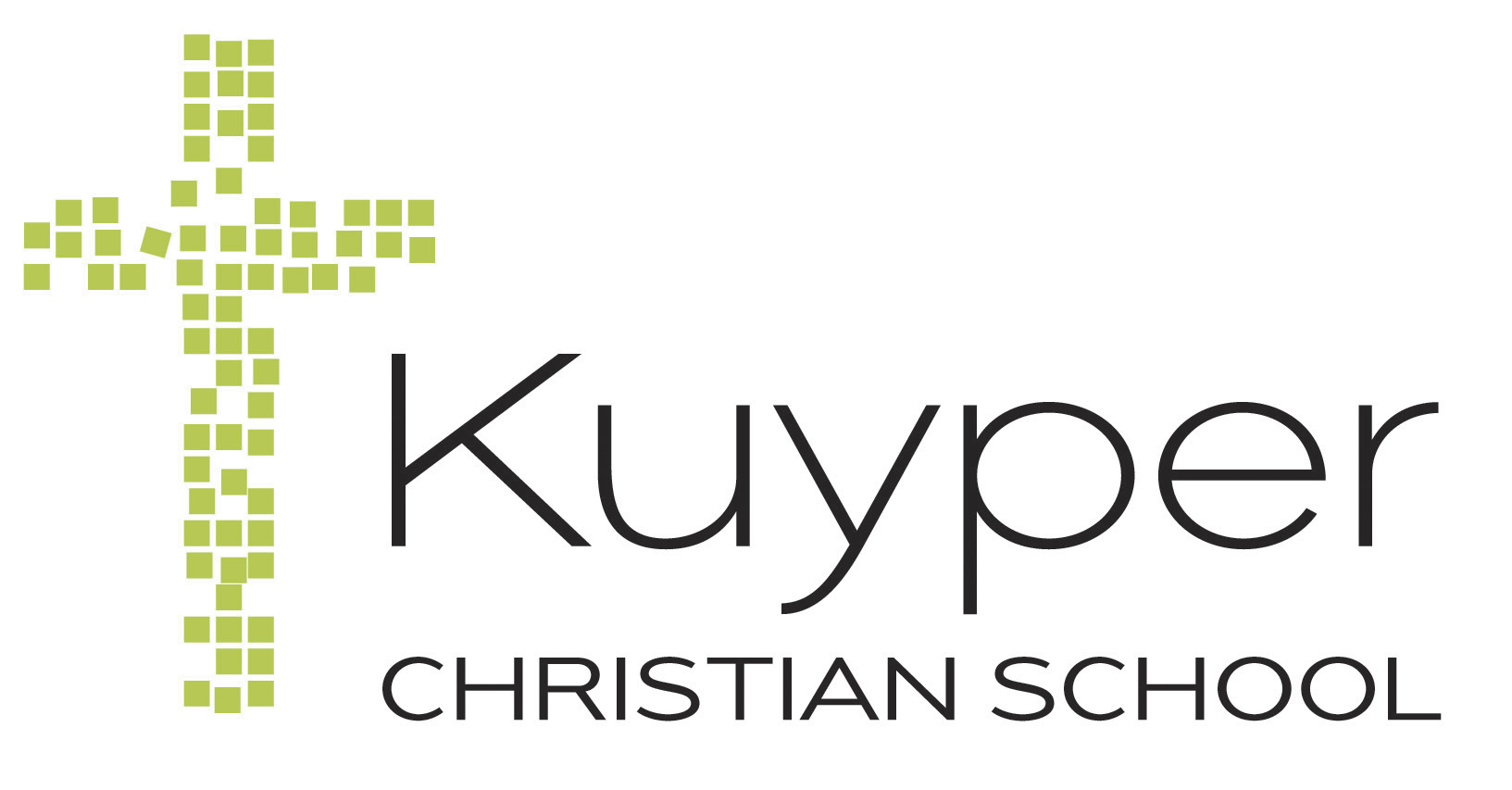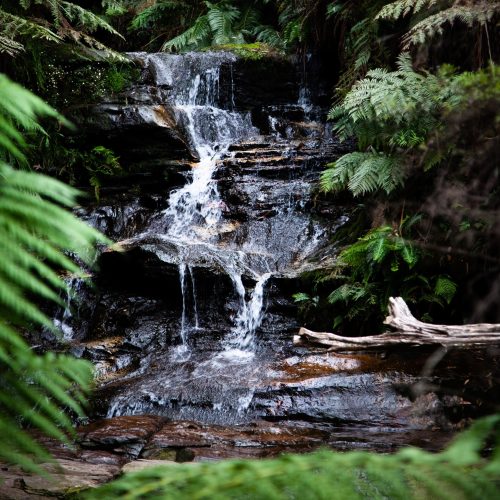Jemima Robinson, Secondary Teacher
A few weeks ago, as Year 9 were finishing their unit on Ecosystems, I challenged them with the task of creating a filter system to clean dirty water, made of natural materials. I wanted them to consider how natural waterways maintain a level of water quality, because of their design. Students brainstormed, collected materials and created their filter, then tested, evaluated and recreated it. We had some impressive results!
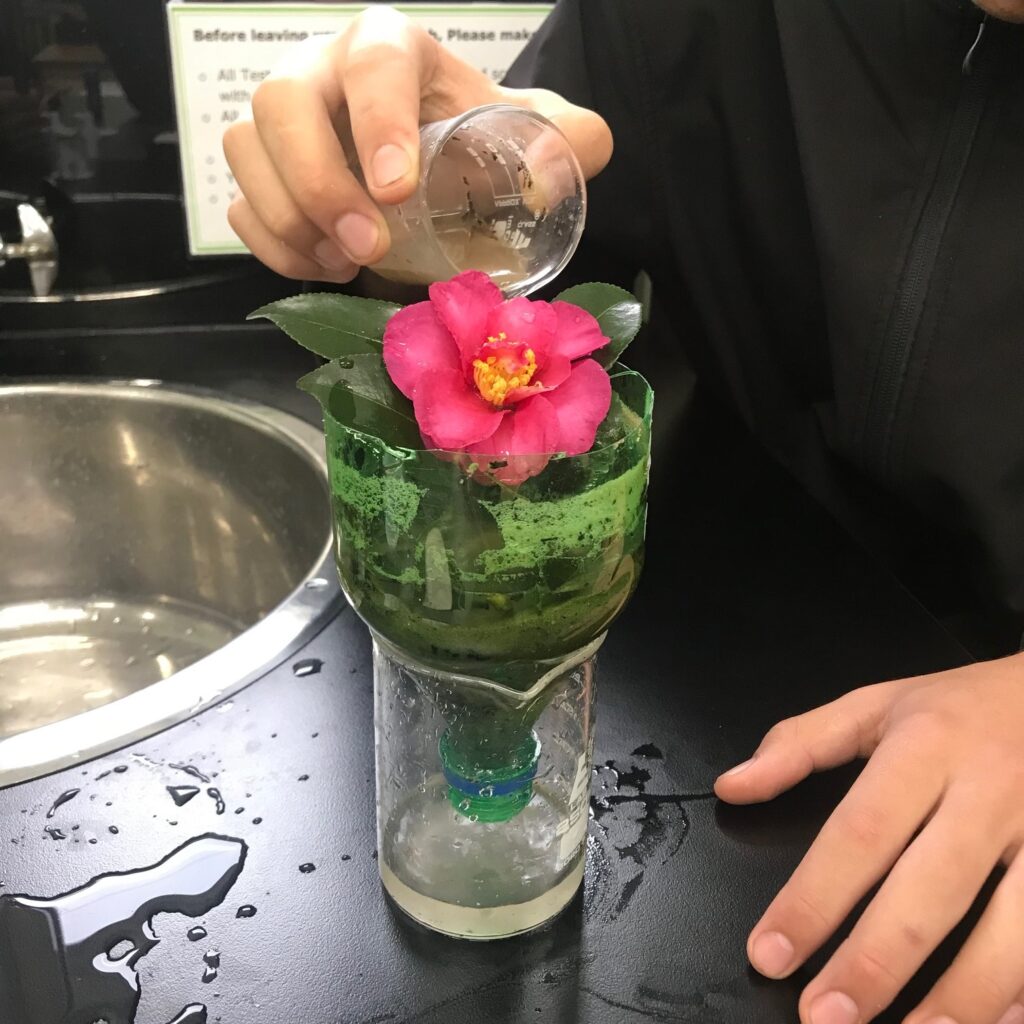
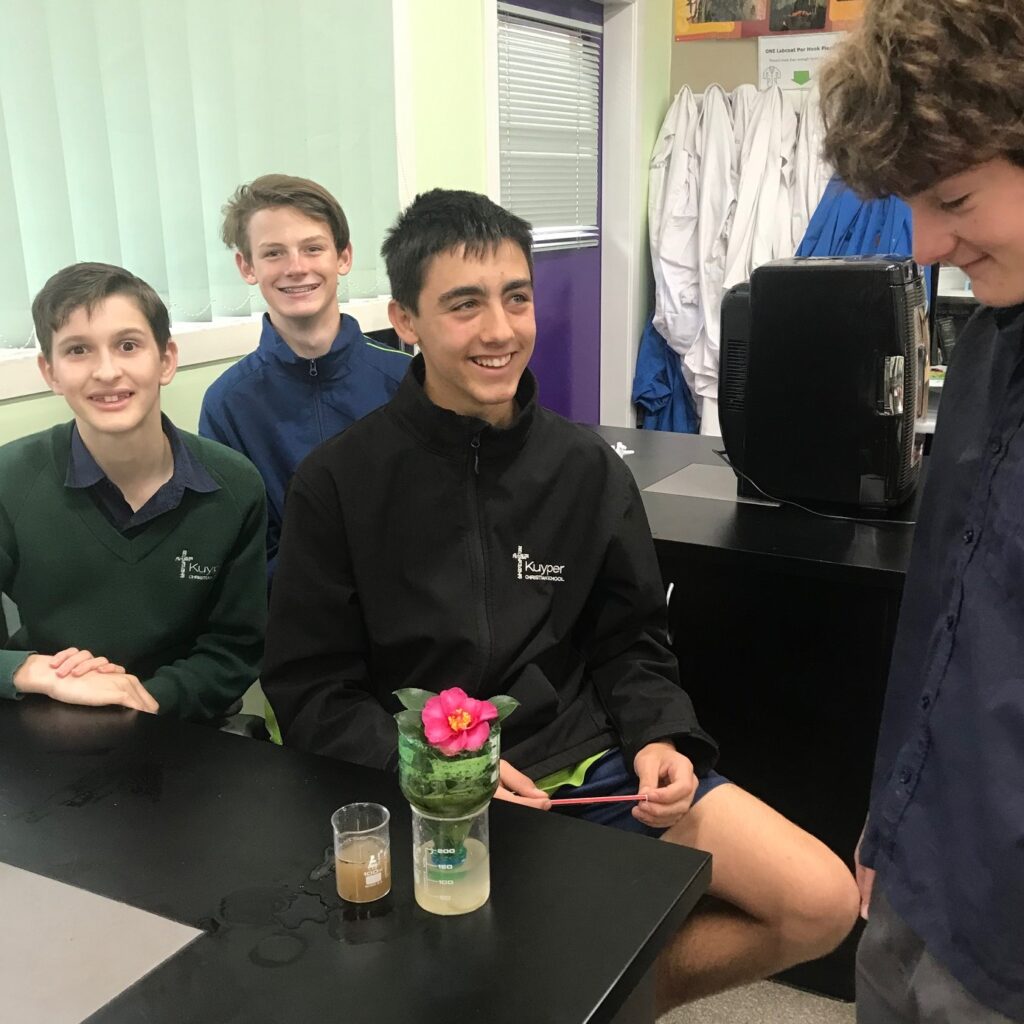
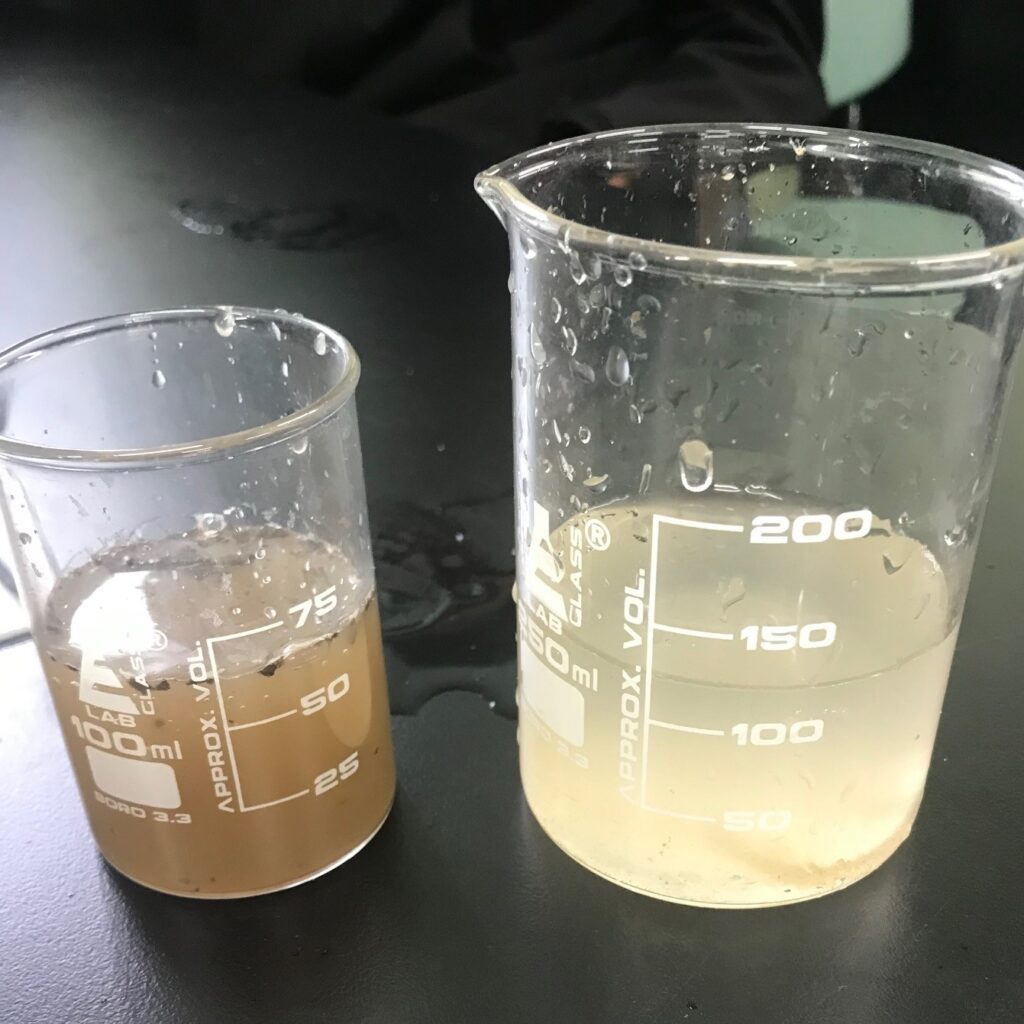
Students considered how each of the substances they chose for their filter worked, whether rocks, sand, grass, bark or flowers. We also considered how each of these elements could be found in or around natural waterways, such as the creek behind our school. God has cleverly designed waterways, especially creeks and streams, to supply clean, filtered water to plants, animals and humans.
Here at Kuyper, we acknowledge that God doesn’t just make creeks clean. Through Jesus, he makes us clean. We are like the dirty water, but Jesus’ death on the cross means that we can be made clean. Our sins no longer stain us. This wonderful truth is in the Bible.
But when the kindness and love of God our Saviour appeared, he saved us, not because of righteous things we had done, but because of his mercy. He saved us through the washing of rebirth and renewal by the Holy Spirit, whom he poured out on us generously through Jesus Christ our Saviour, so that, having been justified by his grace, we might become heirs having the hope of eternal life.
Titus 3:4 – 7
While some of my students joked about drinking the water after they filtered it, in reality, even though much improved, it was still dirty and undrinkable. But Jesus’ death is enough to cover all our sins. We are not left with bacteria, or a smell, or a slightly dirty colour (like our filtered water). Forgiveness leaves us completely pure and blameless, able to be a blessing and provision to those around us.
